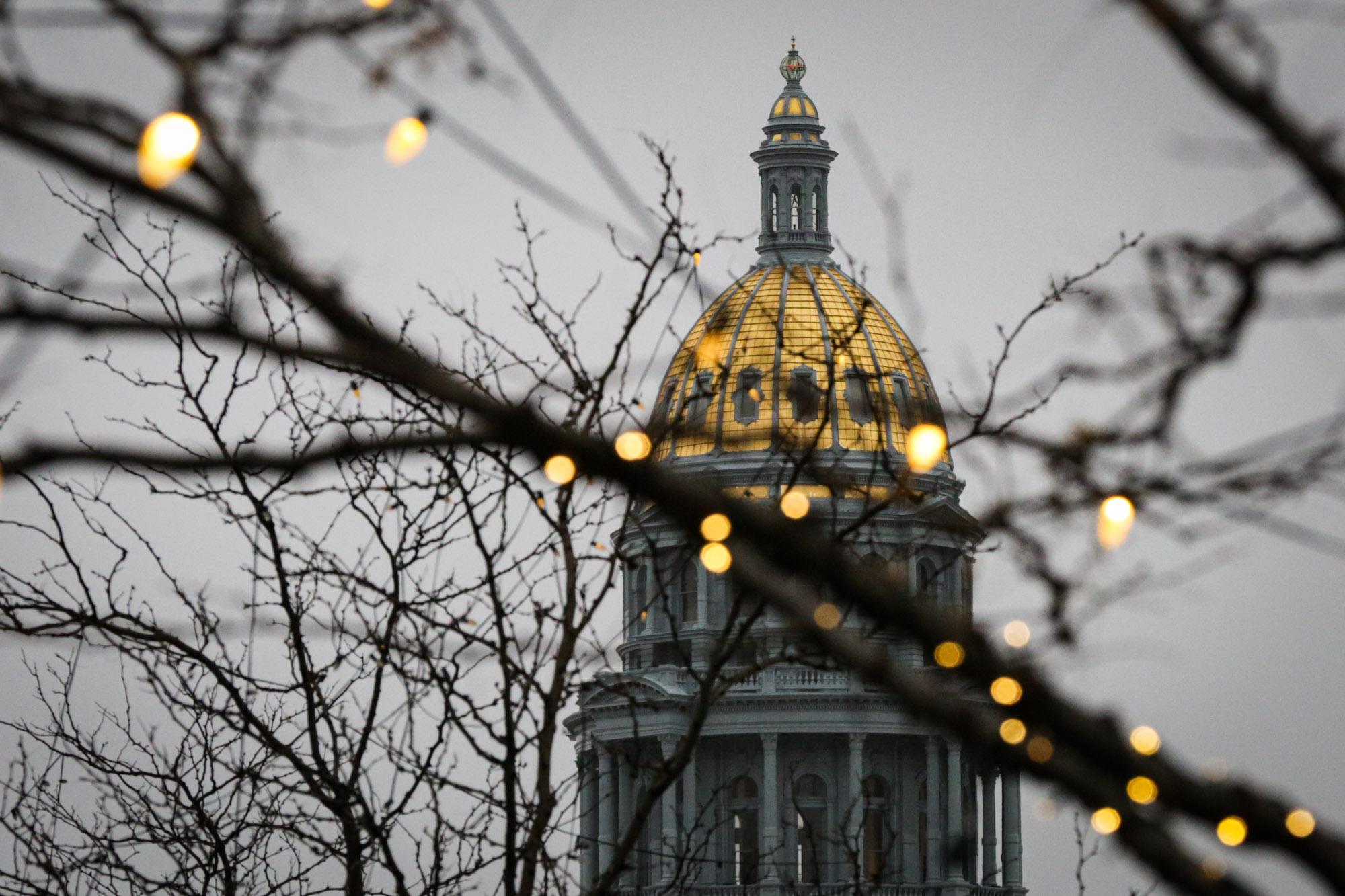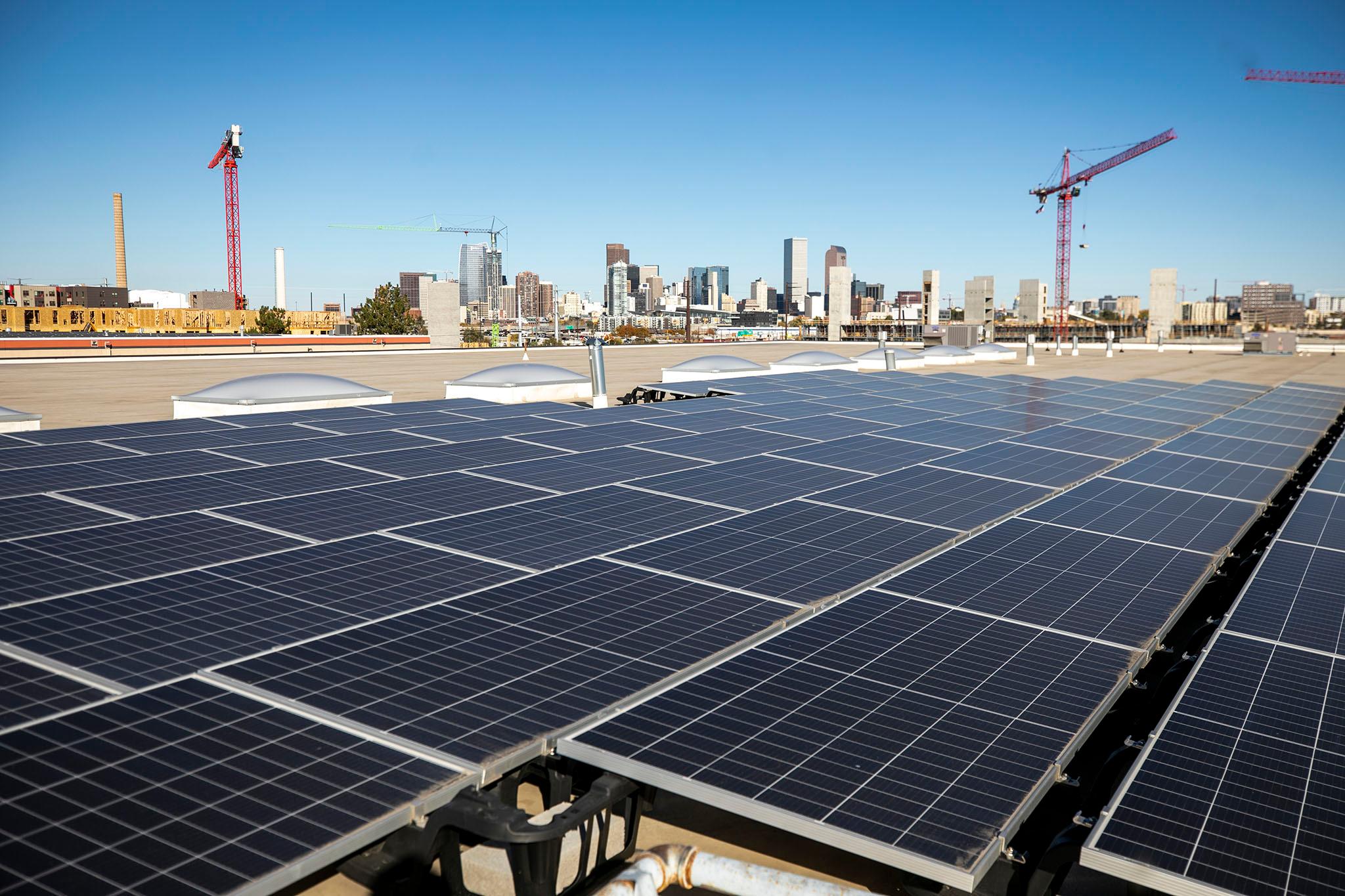
It’s looking like a pretty good year to be a state budget writer — or a lawmaker hoping to fund a priority.
However, looks can be deceiving.
Colorado is projected to go into its next fiscal year with a 20.7 percent surplus over what the state budgeted this year, and to end up refunding more than $1.6 billion back to taxpayers.
“The economy continues to recover and show growth across most sectors,” said legislative economist David Hansen in a presentation to the Joint Budget Committee Thursday. “Labor markets continue to improve, spending activity continues to grow and business investment has improved.”
Revenue figures from a forecast crafted by nonpartisan economists will be used to set the final numbers in next year’s state budget, which the full legislature will debate in the coming weeks.
The analysts predict Colorado's tax collections for sales and income — which supports much of the state’s discretionary spending — will level off in the coming fiscal year, after growing by more than 11 percent this year and last , growth state economist Kate Watkins described as “remarkably strong.”
Hansen acknowledged that most of the economic data used in the forecast came from January and February, and the recent international situation could cloud that sunny forecast.
“The war in Ukraine has brought new and elevated risks to the economic recovery… The war is expected to weigh heavily on US economic activity in the first and second quarters (and) promises to exacerbate many of the challenges already facing the recovery,” he said.
The big “I"
First and foremost among those challenges — inflation. The word “inflation” appears 114 times in the 91-page forecast. Energy, housing, transportation, and food have seen the greatest price hikes, nationally and in the state. Economists expect it to limit consumer and business spending in the coming year, at the same time rising interest rates also cool economic activity.
Inflation will also put pressure on the state budget, making things the state needs to buy — from construction materials to gas for state vehicles — more expensive and possibly pushing public sector salaries higher to compete with increasing private sector wages.
And Colorado lawmakers are required by law to pass a balanced budget every year.
If the economy doesn’t grow as quickly as projected — and so, if tax revenues are lower than forecast — Colorado does have a bit of a cushion. Under the current forecast, the state will be required to send tax refunds back to residents under the rules of the Taxpayer’s Bill of Rights. If it doesn’t bring in enough money, those refunds will disappear before any budget cuts are necessary.









